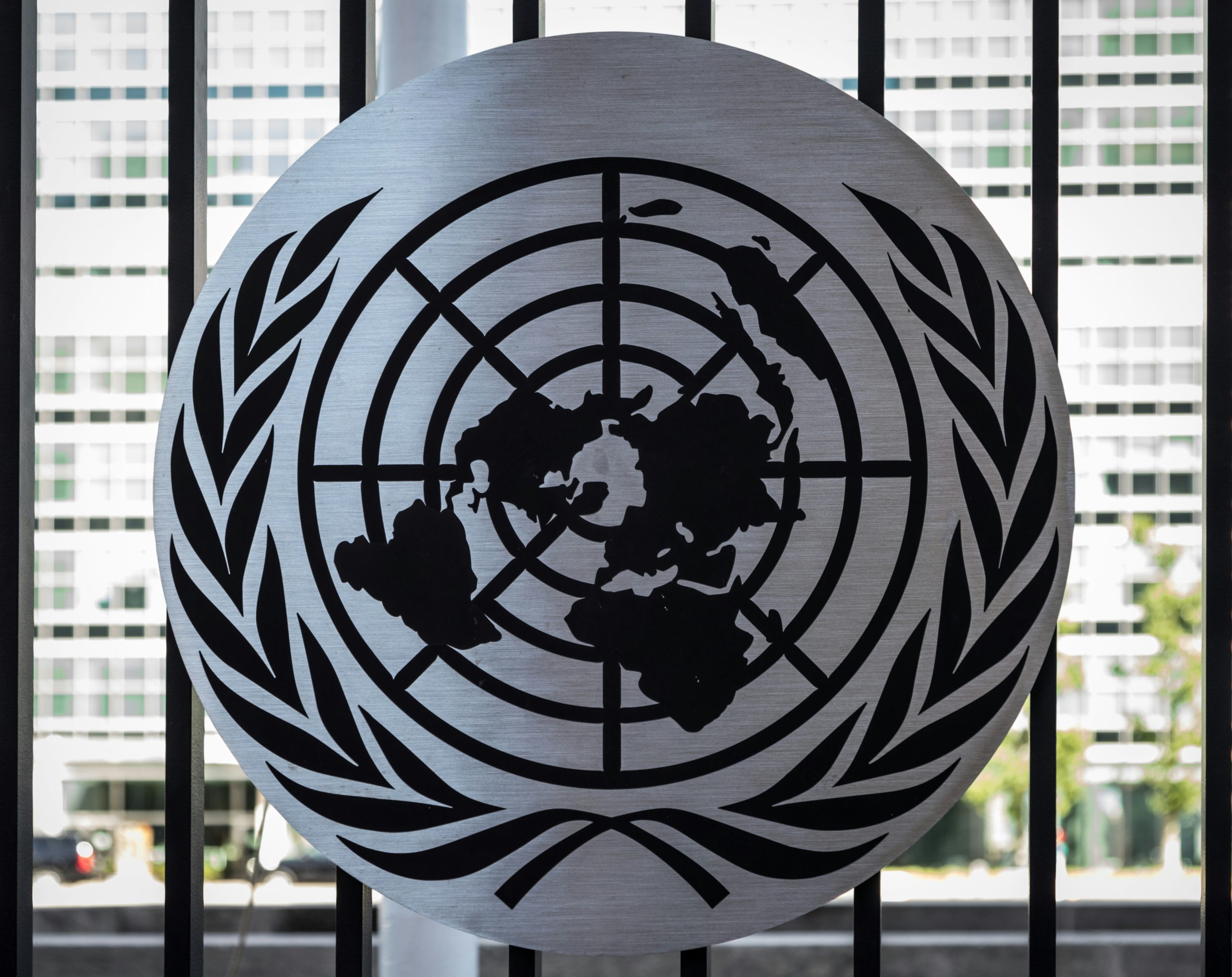Original article (in Croatian) was published on 7/10/2024; Author: Ana Sorić
Disinformation circulating on social media claims that the UN’s “Pact for the Future” aims to establish a global government.
In late September, the United Nations General Assembly in New York hosted the “Summit on the Future”, where the “Pact for the Future” was adopted. UN Secretary-General António Guterres described this pact as a significant step towards “a more effective, inclusive, and interconnected multilateralism”. The pact, which includes an annex on promoting a responsible and sustainable future, was adopted on September 22, though not unanimously. Russia’s Deputy Foreign Minister, Sergei Vershinin, remarked that “no one is satisfied with the pact”, and Russia, along with Iran, Belarus, North Korea, Nicaragua, Sudan, and Syria, opposed it.
Soon after the session, familiar but inaccurate claims about the creation of a “one-world government” and a “new world order” resurfaced on social media. One post, shared on September 29 by a private Facebook user, alleged:
“The United Nations demands that member countries give up their sovereignty and accept GLOBAL GOVERNANCE. The unelected globalist organization of the United Nations (UN) demands that the governments of sovereign nations submit to ‘global governance’ to supposedly protect ‘humanity’ from artificial intelligence (AI)…”
Key Points of the “Pact for the Future”
The “Pact for the Future” emphasizes the importance of multilateral cooperation, the free flow of goods and information, and outlines 56 specific actions to address global challenges, including poverty, climate change, gender equality, wars, and human rights. The agreement includes two key annexes: the “Global Digital Compact” and the “Declaration on Future Generations.” These focus on regulating artificial intelligence and factoring future generations’ interests into global decision-making, according to Reuters.
“We recognize that the multilateral system and its institutions, with the United Nations and its Charter at the center, must be strengthened to maintain peace in a changing world. These institutions must be future-ready, fair, democratic, impartial, representative, inclusive, interconnected, and financially stable. Today, we commit to a renewed multilateralism. This Pact aims to ensure that the United Nations and other key multilateral institutions can secure a better future for people and the planet”, the pact states.
Guterres urged world leaders to take action, as reported by AP: “Implement the Pact. Make dialogue and negotiation priorities. End the wars tearing our world apart, from the Middle East to Ukraine and Sudan. Strengthen the powerful UN Security Council. Speed up reforms of the international financial system. Intensify efforts to transition from fossil fuels. Listen to young people and involve them in decision-making”.
Eighteen Months of Negotiations
The draft of the “Pact for the Future” is the culmination of an 18-month negotiation process led by Germany and Namibia. Namibian President Nangolo Mbumba stressed that world leaders must remain committed to peace, rather than policies leading to “ecological disasters, widespread inequality, global conflicts, and dangerous technologies that threaten security”.
German Chancellor Olaf Scholz added that failure to implement the Pact’s goals would result in judgment not only from history but also from young people worldwide. “The path is challenging, but has it ever been different?” Scholz asked.
Kristin Brandl, a professor of international affairs at Victoria University, confirmed to AAP FactCheck that the “Pact for the Future” does not affect national sovereignty. “The Pact is designed to reaffirm and recommit UN member states to goals they have already agreed upon. Every member state signed and ratified the UN Charter when they joined, and that does not change with this Pact. No sovereignty is transferred to the UN”, Brandl clarified.
Similarly, Lawrence Gostin, a law professor at Georgetown University, pointed out that the Pact is a political agreement, expressing world leaders’ intentions to collaborate on major global challenges now and in the future.
Is the UN an “unelected globalist organization”?
The Facebook post referred to the United Nations as an “unelected globalist organization”. However, the UN is an international organization founded after World War II to address wartime and post-war issues during and after World War II, established to maintain global peace and security, address economic, social, and political challenges through international cooperation, and promote respect for human rights, according to Encyclopedia.
Established on June 26, 1945 at the San Francisco conference, with 51 member states signing the UN Charter, the UN now has 193 members. The Republic of Croatia became a member on May 22, 1992, and Yugoslavia was one of the original signatories of the Charter in 1945.
The United Nations conducts various peacekeeping and humanitarian activities, including providing food to those facing hunger, delivering vaccines to underdeveloped regions, assisting refugees, distributing aid, combating climate change, promoting democracy, organizing elections, protecting human rights, and fighting poverty.
The “One World Government” Conspiracy Theory
The term “New World Order” (also used as “One World Government” or “Global Governance”) has appeared in international politics since the end of World War I, often with different interpretations.
Conspiracy theory suggests that a group of international elites controls governments, industries, and media with the goal of establishing a single global government. In reality, conspiracy theorists often point to Agenda 2030, the UN’s 2015 sustainable development program, as a means to create this “New World Order.”
However, the actual goals of the UN’s sustainable development agenda are to eliminate poverty and hunger, improve healthcare and education, achieve gender equality, ensure access to clean water and energy, promote fair wages, foster innovation, reduce inequality, create sustainable communities, encourage responsible consumption, combat climate change, preserve biodiversity, and promote global cooperation. In short, the UN’s agenda aims to improve quality of life worldwide. In conclusion, the Facebook post is inaccurate. The United Nations has not demanded that member countries relinquish their sovereignty or accept global governance. The “Pact for the Future” does not imply any transfer of sovereignty to the UN.



